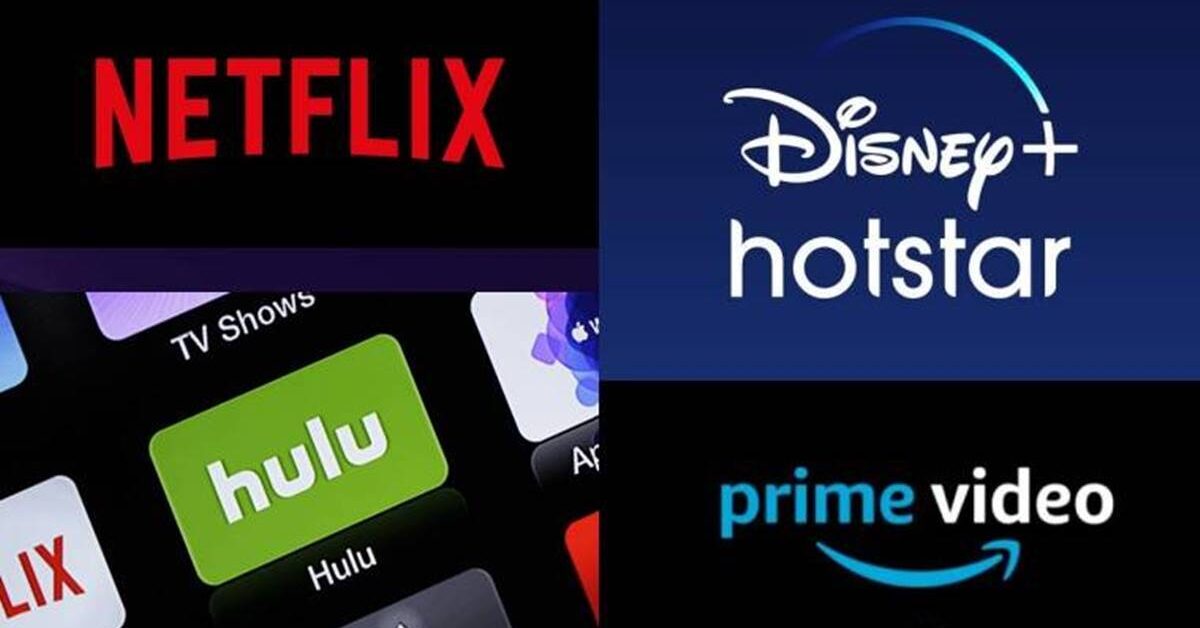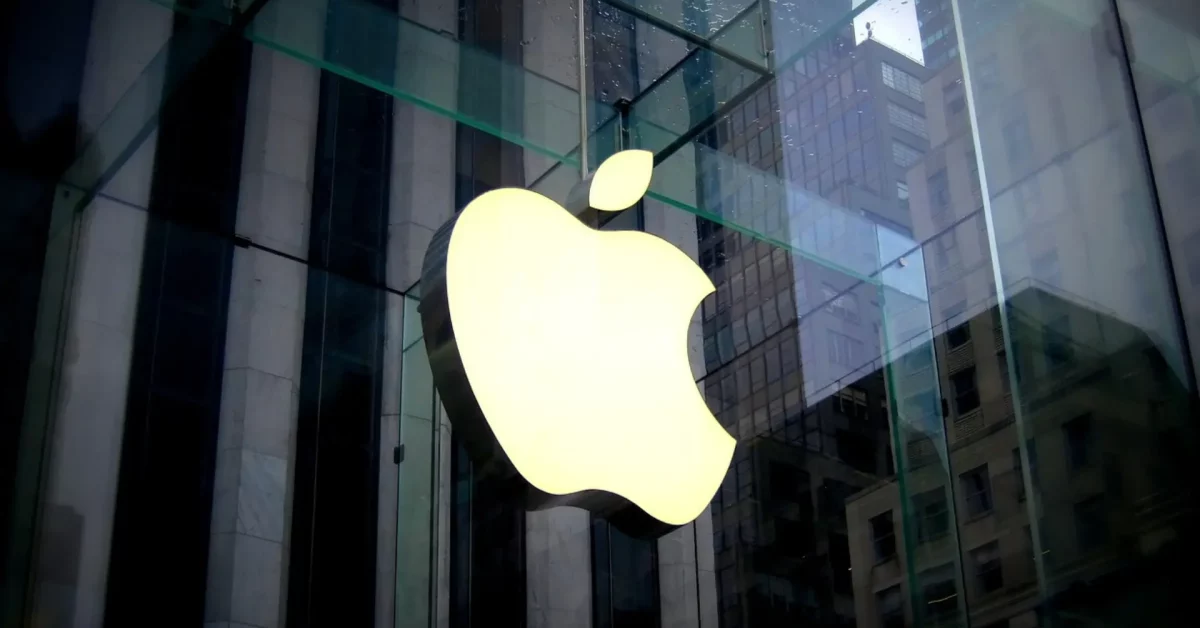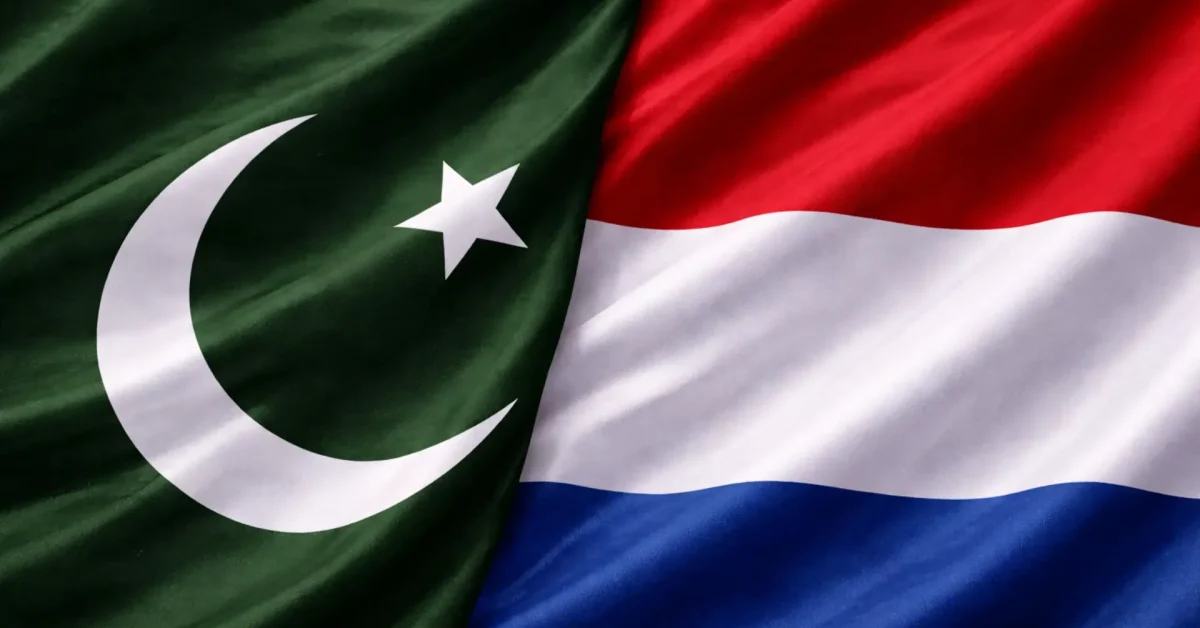
Instagram Explorer: Pakistani Artists to Look Out For
November 23, 2022
The horrors of conventional banking: Is Fintech here to save the day?
November 24, 2022Is contemporary media trying to rewrite history in the name of escapism?
“Propaganda”, a word often spoken too comfortably and frequently in the evolving media landscape of the tech-enabled world, but what does it mean for production companies such as Netflix and Hulu that are daring to venture into sensitive grounds? Recent shows that are set in the times of old, all attempt to reshape history one way or another, may it be the immense diversity of race and ethnicity in Bridgerton, or the questionably kind nature of American soldiers in 12 Strong, entertainment media is proving to be as controversial as it is popular.
Bridgerton, the sumptuous historical romance series that broke records, is a colorful and quirky take on the regency era of England, presenting an alternative “colorblind” universe, where the nobility is held not only by the White, but also people of color. Although the show was initially praised for its “frothy, silly escapism” a lot more is to unfold here. Enola Holmes 2 ventures into the same grounds and decides to make Dr. Watson an Indian man, despite an Indian being a doctor of such caliber in Victorian-era England being highly unlikely. Not to mention that the characters of both these shows were originally all English in their respective books – Kate Sharma (Bridgerton) was never Sharma but Sheffield, and was described as “pale and blonde”.
Apart from inaccurate diversity, there are other questionable elements in TV shows and movies as well, such as the popular trope of American heroism in war movies whether they are set in Vietnam, Iraq, or Korea or the existence of gay Muslim characters in shows like The Bold Type or Never Have I Ever. Can these elements, which are so historically and sometimes culturally inaccurate, be excused as merely a muse for escapism and fiction, or is there a higher motive behind it? Do they wish to create an alternative universe only for the sake of fantasy or are they looking to change the mindsets of people altogether?
While it’s easy to assume that this inclusion of diversity is just to fill a quota of ethnicities to avoid arguments of white-washing shows, it is worth exploring if this is done so to “cleanse the history” or “manipulate people’s perception” on questionable and harsh topics. By presenting this nature of their soldiers, America is trying to erase its real history of decades of war crimes and torment of people of color, and by introducing queer characters in ethnicities that don’t approve of homosexuality, the agenda of acceptance of the LGBTQ+ community is being forced.
The repeated reinforcement of these agendas and tropes has imprinted them into the minds of young adults across the globe who now accept them as reality. For decades the British Crown ruled over various ethnicities, including the Indians of the subcontinent, and yet today we see many youngsters whose ancestors were victims to the British Crown tweeting rest in peace Queen Elizabeth. Middle Eastern children see popular figures like Captain America as their hero, unaware of the history between their ancestors and the West. Seeing this lack of knowledge of the real events of the past, along with blatant acceptance of controversial ideologies, it is safe to believe that this means of altering realities through contemporary media is highly effective. In this day and age, even people unable to go to school have access to shows and movies and hence they play a major role in educating the masses. Perhaps the future of education lies in the hands of such production companies, but is this true progress or a matter of concern? Especially for developing countries like Pakistan which are still so behind and somewhat isolated when it comes to having a voice in the global entertainment ecosystem and representation.






